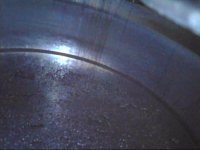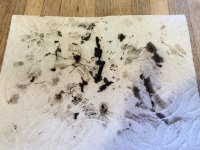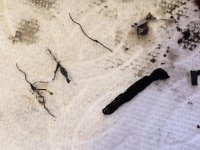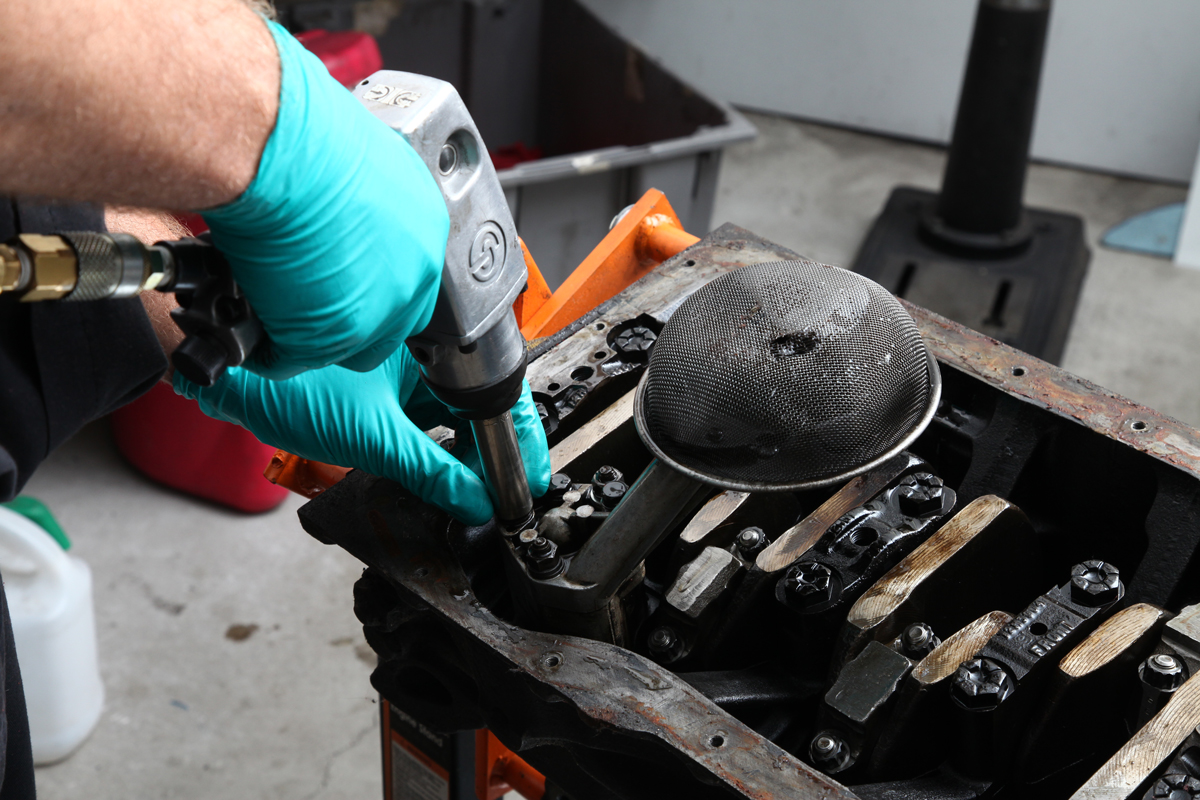Update:
I got to visit the car yesterday and today and did as many diagnoses as possible. Unfortunately, I was unable to change the noise with anything I tried:
1) I pushed hard on the pushrod end of each rocker and could not get the noise to change.
2) I pushed hard on the valve end of each rocker and could not get the noise to change.
3) I removed one spark plug at a time and the noise didn't change. The engine rpm dropped slightly, but the knocking was the same. I got shocked a few times which was fun.
4) I ran Marvel Mystery Oil in the fuel and oil for only a short drive, but the noise didn't change.
I collected an oil sample and will send that to Blackstone and update this thread when possible. I took the sample before I added any MMO.
I also did a compression check. 145-160 psi cold, dry, all spark plugs out, foot on gas pedal. The all jumped up 5-7 psi if I added a squirt of oil to each cylinder. So compression is okay in magnitude and somewhat balanced between cylinders.
I took off the rocker assembly and some of the rocker pads (at the valve stem) had erosion. I remounted everything and did a valve adjust, and no matter how tight I made those valves, I could not get the noise to change. So while I still think it is valve train related, I cannot figure this one out.
I removed and inspected all the pushrods. They are all straight. None have any damage at the rocker end. All have small amounts of erosion at the cam end.
I took off the oil pan. That was fun. There are several small metallic shards/wires in it and a couple larger chunks of black maybe rust-like material. And lots of little silver and/or reddish flakes.
I cannot see any damage from below the engine. The cam looks fine. Nothing moves when I push on it. But I am pretty ignorant of what I should even be looking at from below.
I will post some pictures in case anyone is interested. The piston faces appear really rough, almost like they are rusty, but that makes no sense since I believe they are aluminum.
Unfortunately, I think the car has beaten my mechanical abilities. I don't know what to do next besides pull the head, and I am probably not qualified to pull the head. At some point, I just need to accept failure and move on.
So I guess my question is: if my next step is to take the car to a mechanic, should I put it all together (oil pan, oil pan gasket, rocker assembly, rocker cover, add oil, new oil filter, etc.) so they can hear it run. Or is it better the leave it in parts so they don't have to waste time taking it all apart again?
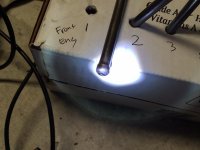
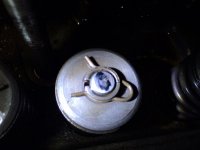
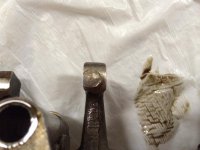
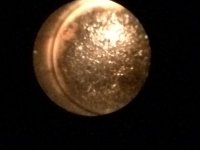

 Hi Guest!
Hi Guest!

 smilie in place of the real @
smilie in place of the real @
 Pretty Please - add it to our Events forum(s) and add to the calendar! >>
Pretty Please - add it to our Events forum(s) and add to the calendar! >> 
 :eagerness::eagerness::congratulatory:
:eagerness::eagerness::congratulatory:





